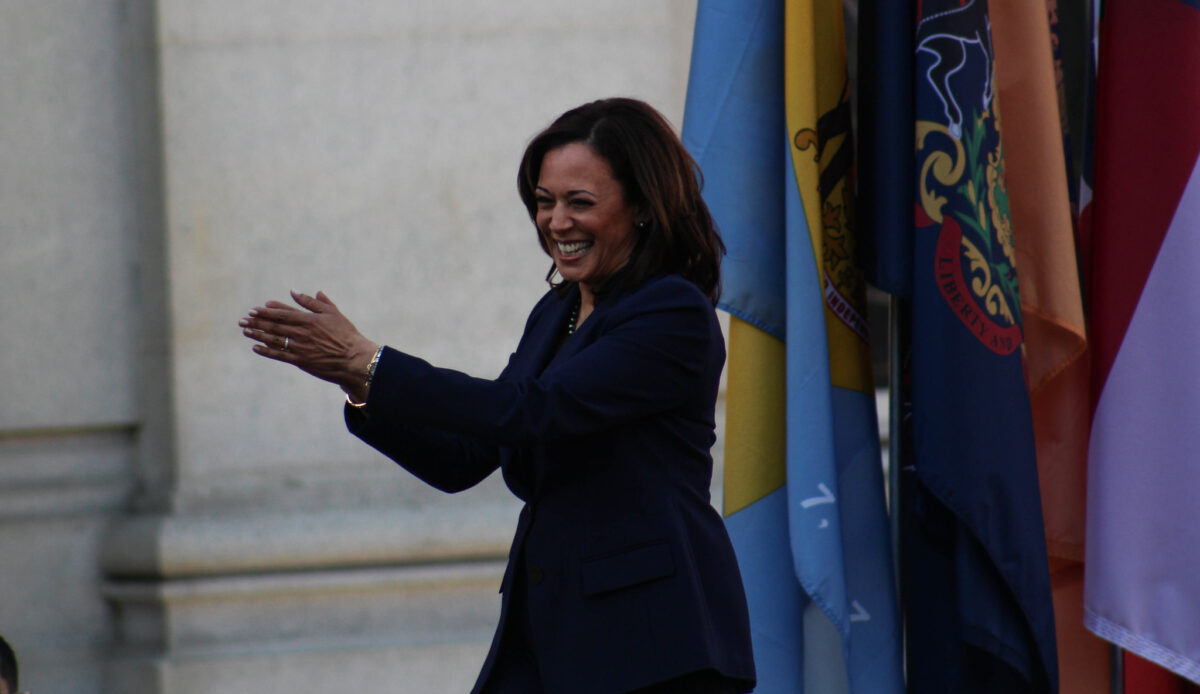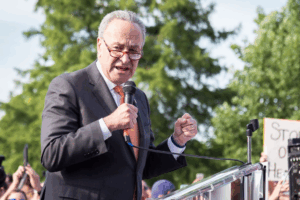Biden Steps Aside: Endorses Kamala Harris as the Democratic Nominee
In a surprising announcement via X this past Sunday afternoon, President Joe Biden announced he is officially dropping out of the 2024 presidential race, throwing his support behind Vice President Kamala Harris as the Democratic Party’s leading candidate. This announcement sent shockwaves through the political landscape, raising questions about the future of the Democratic Party and the implications for the 2024 presidential race.
Biden Steps Down Amid Mounting Pressures
For weeks, Biden faced mounting pressure from Democratic lawmakers and donors to step aside. Initially, he resisted, insisting on moving forward with his reelection bid. However, according to Politico, a critical meeting this past Saturday with senior aides Steve Ricchetti and Mike Donilon changed everything. Presenting new concerns from lawmakers, faltering fundraising, and unfavorable internal polls, they showed Biden his path to victory had diminished.
“Biden himself was finally convinced what so many other Democrats had come to believe since his poor debate performance last month: He couldn’t win,” Politico reports. The latest battleground polls were also grim, showing Biden less favored in key states.
The announcement, posted on social media, has been framed by Democrats as a selfless act. Yet, Axios reports that for Republicans, it underscores Biden’s inability to lead and the dire state of his campaign.
Is Biden Still President?
Despite President Joe Biden’s decision to withdraw from the 2024 presidential race, he remains in office until January or a potential earlier resignation. In his announcement, Biden stated he would focus on fulfilling his duties for the remainder of his term. Under the 25th Amendment, Biden could be removed by his Cabinet by a majority if they deem him unfit to serve. Speaker of the House Mike Johnston posted to X, “If Joe Biden is not fit to run for President, he is not fit to serve as President. He must resign immediately.”
What’s Next for the Democratic Presidential Nomination?
With President Joe Biden stepping down from the 2024 race and endorsing Vice President Kamala Harris, the path to the Democratic nomination now faces significant uncertainty. Despite Biden’s endorsement giving Harris a notable advantage, the nomination is far from assured.
Democratic National Committee (DNC) rules dictate that the official nominee will be chosen at the party’s national convention, set for August 19-22 in Chicago. While there were discussions about a possible early virtual roll call, the final decision rests with the DNC. The nearly 3,800 delegates initially pledged to Biden are now free agents, with no obligation to follow his endorsement.
All candidates seeking the nomination must collect signatures from 300 to 600 delegates to secure a spot. The delegate count, which includes about 4,000 pledged delegates and 750 “automatic” delegates, allows for a competitive race with up to 15 potential candidates.
If no candidate secures a majority on the first ballot, the process will continue, with automatic delegates joining the vote in subsequent rounds.
Challenges Ahead for Harris
As Politico highlights, Harris will face significant challenges in her bid for the presidency. She will need to unify a party that has been increasingly divided on key issues such as healthcare, climate change, economic policy, and immigration. Additionally, The Hill reports that Harris will have to defend her record as vice president from the Republican Party that paints her as an extension of Biden’s policies.





